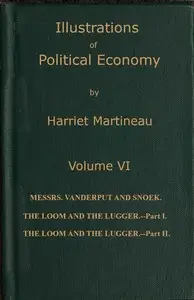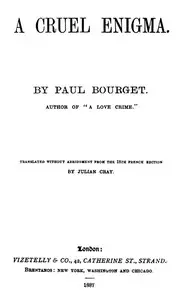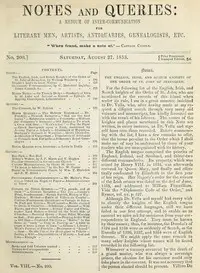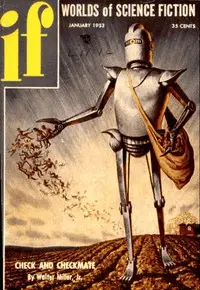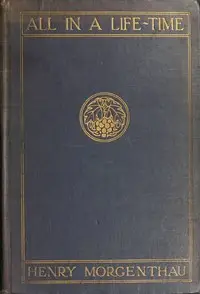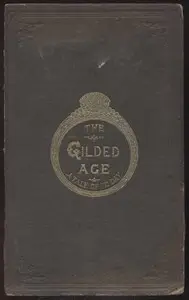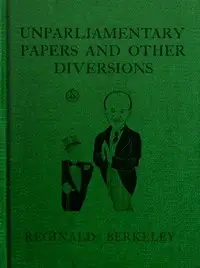"Illustrations of Political Economy, Volume 1 (of 9)" by Harriet Martineau is a collection of socio-economic narratives written in the early 19th century. The volume aims to explain the principles of political economy through character-driven stories, emphasizing the importance of understanding wealth and labor in society. Martineau seeks to make economic theories accessible to the general public by illustrating these concepts through the experiences of various characters facing diverse challenges. The opening of the volume introduces a British settlement in southern Africa facing devastation after a savage attack leaves its inhabitants in dire straits. The settlers, so recently prosperous, now gather to discuss their plan for survival and how they can rebuild their lives. Key figures, such as Captain Adams and Mr. and Mrs. Stone, emerge as leaders, grappling with their losses and the need for collaboration. They engage in prayer to find strength and camaraderie, reflecting on both the immediate need for food and shelter, as well as the larger questions regarding the nature of wealth and how labor can be organized to overcome their challenges. Through this narrative, Martineau establishes a framework for exploring the dynamics of labor, production, and the economics of community life. (This is an automatically generated summary.)
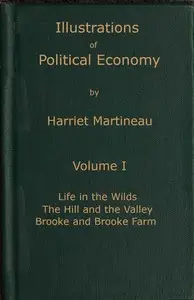
Illustrations of political economy, Volume 1 (of 9)
By Harriet Martineau
"Illustrations of Political Economy, Volume 1 (of 9)" by Harriet Martineau is a collection of socio-economic narratives written in the early 19th cent...
Harriet Martineau was an English social theorist. She wrote from a sociological, holistic, religious and feminine angle, translated works by Auguste Comte, and, rarely for a woman writer at the time, earned enough to support herself. The young Princess Victoria enjoyed her work and invited her to her 1838 coronation. Martineau advised "a focus on all [society's] aspects, including key political, religious, and social institutions". She applied thorough analysis to women's status under men. The novelist Margaret Oliphant called her "a born lecturer and politician... less distinctively affected by her sex than perhaps any other, male or female, of her generation."

